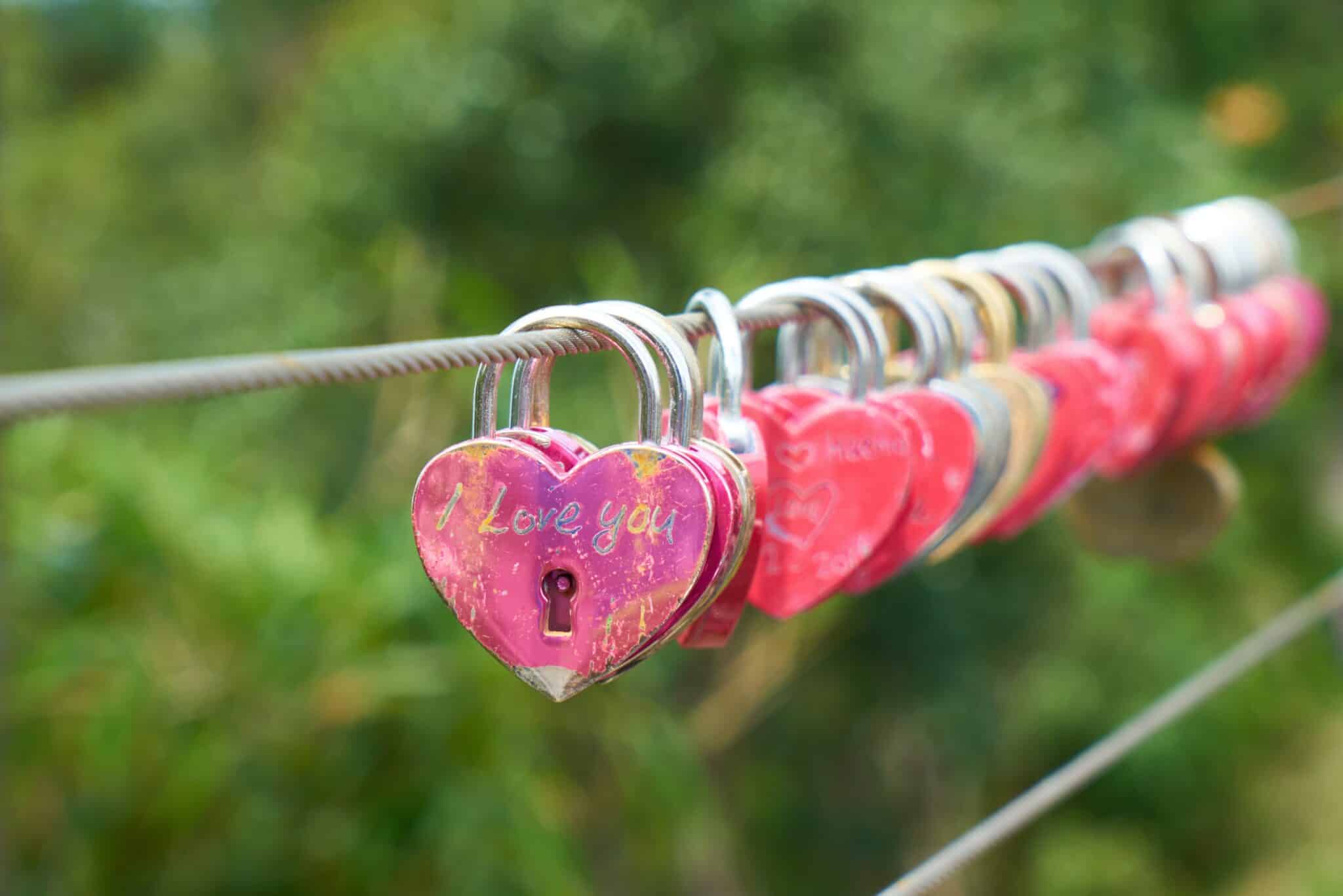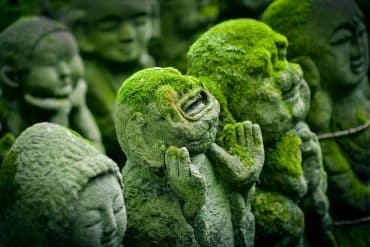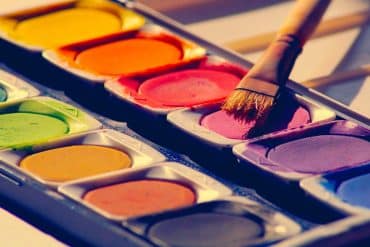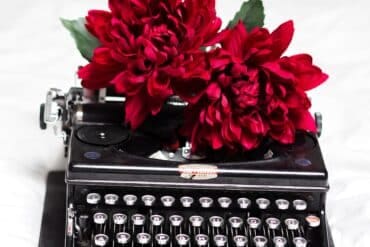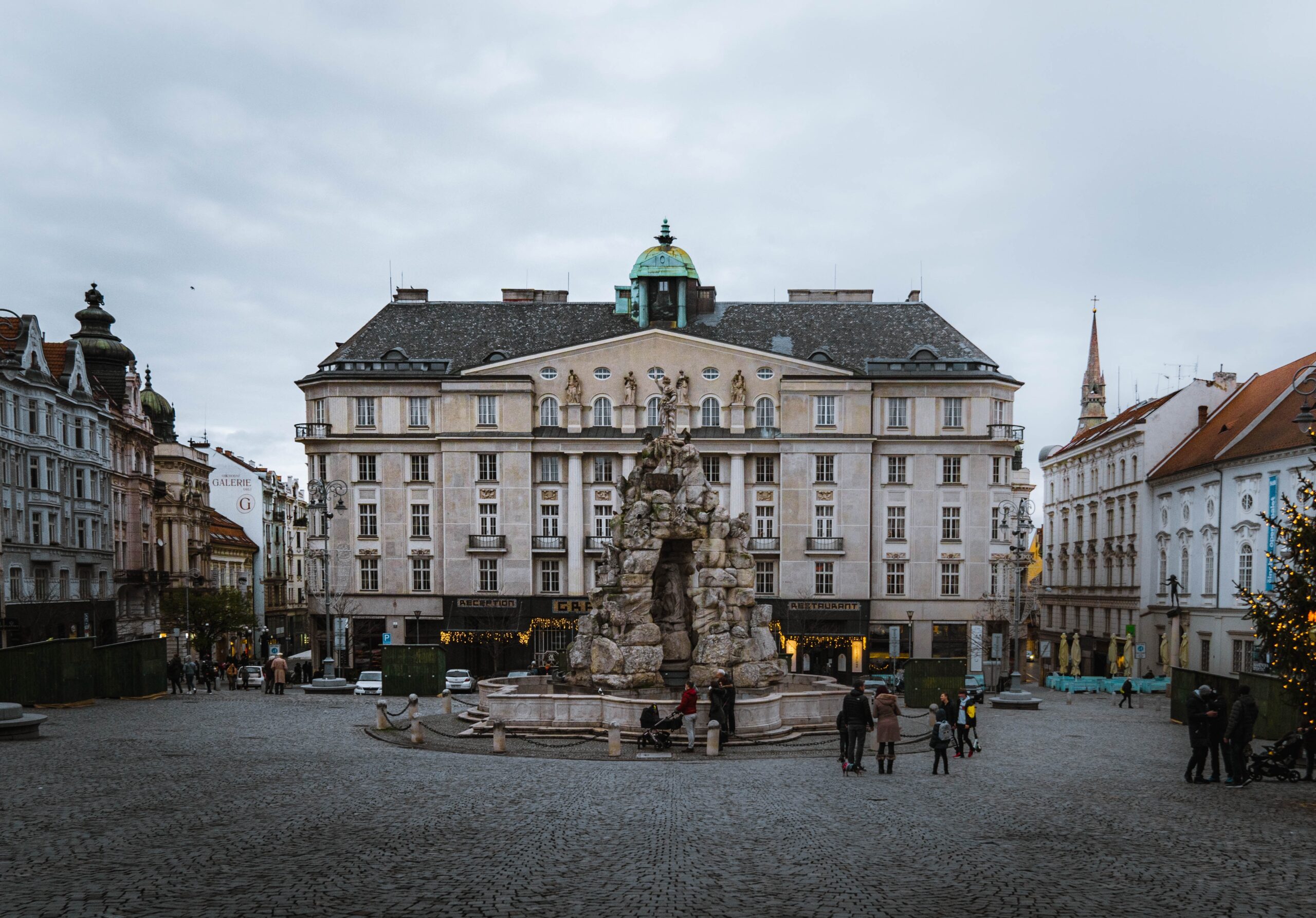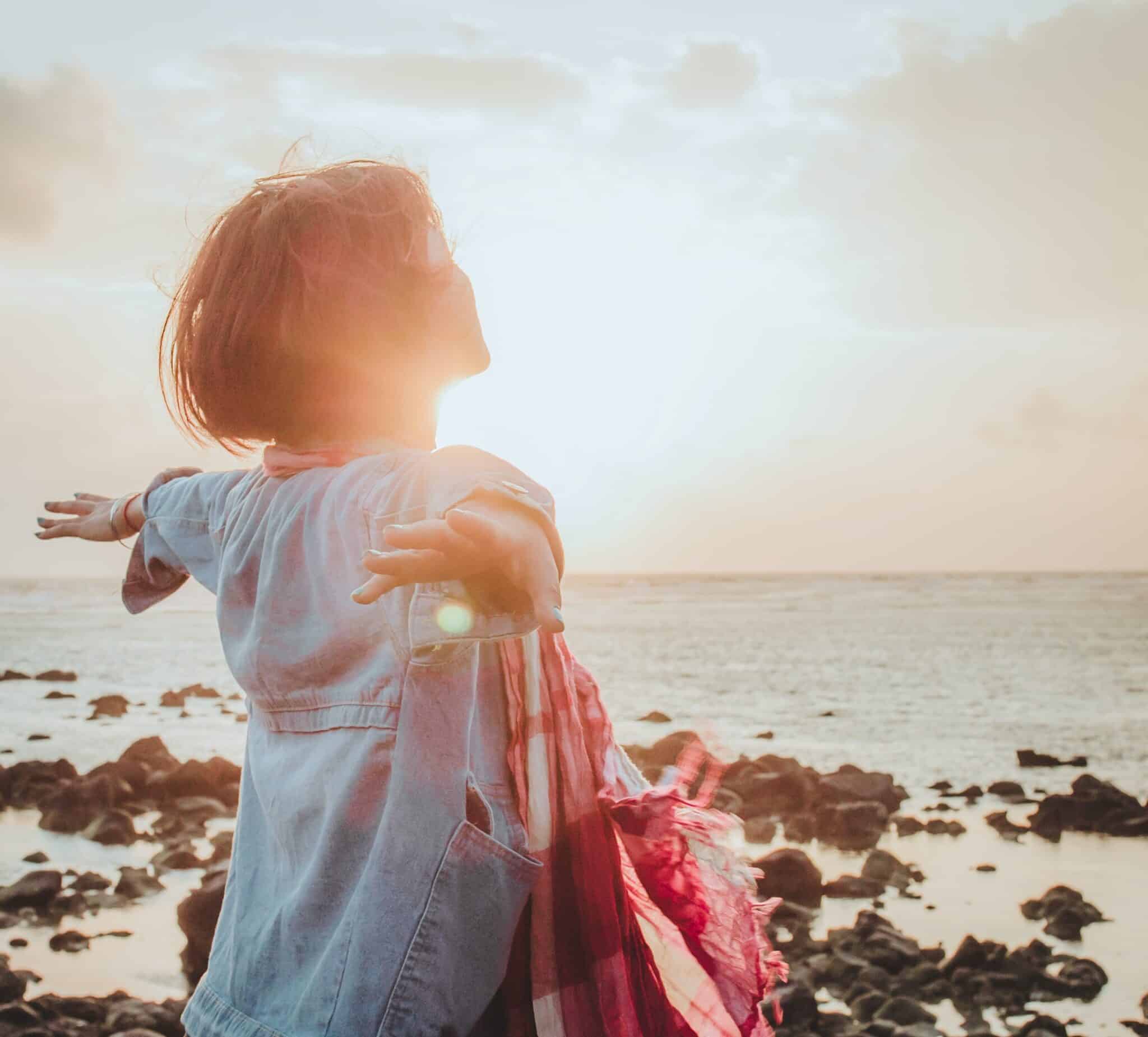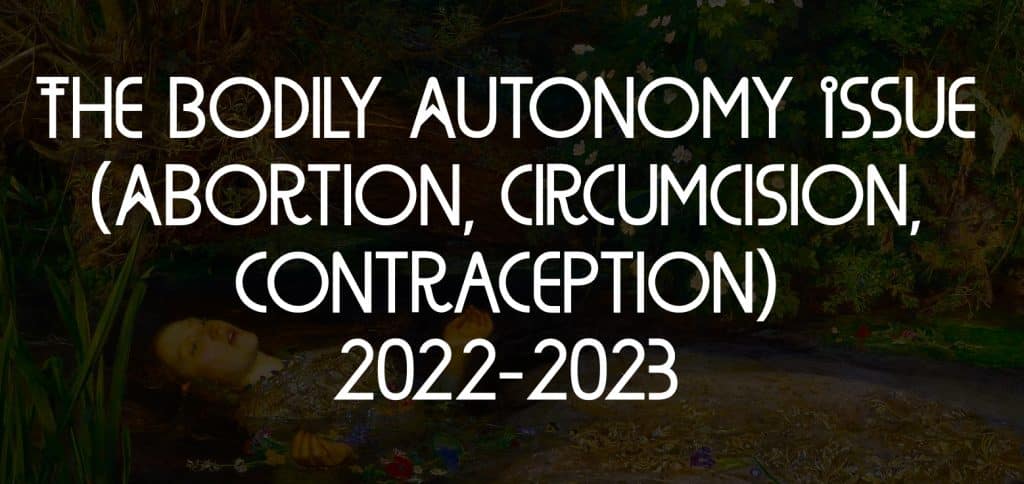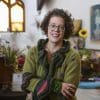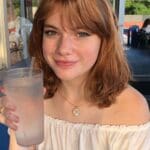Bodily Autonomy Special Issue: A Poem of Healing
Author’s Memo
To The AutoEthnographer’s theme of bodily autonomy, consent, and reproductive rights, my poem “Week After” explores my experience with assault, rape, and emotional abuse in a year and a half long relationship with an older man. For the past year, writing has been my outlet to express the feelings of confusion, guilt, shame, and anger when I have felt I was unable to process my own emotions. I wrote this poem out of a place of frustration and hopelessness, hoping to find comfort in the words that could sort the jumble of emotions that I had felt following what had happened to me.
In my poem, “Week After,” I show the images of sharpness and fragmentation to illustrate the blurred, slippery definition of consent, and the feelings of self-invalidation and blame after a recent sexual assault. I wish to convey the feelings of being unable to heal, and the “cracks” I seek to be treated through finding other love and validation. The sharp images are “penetrating” through metaphors, contrasting to a woman’s “nectar;” something that should be cherished and treated with respect, rather than exploited.
But though it is difficult, I know I am working towards forgiving myself, and understanding it is not my fault.
It took me a very long time to realize what happened to me was not normal, and it was only through talking with others that I have been able to recognize the pain and heal. Self-blame, guilt, and invalidation is a very powerful emotional response, as we like to convince ourselves that it “wasn’t a big deal” or “we brought it upon ourselves.” Moving forward in a new relationship, I’ve found myself recognizing the lies I was fed as a young girl. A relationship should not be based on ownership, control, and insecurity. What I experienced was not love. But placing labels on our experiences makes them appear more real, painful, and we are then forced to grapple with what has happened to us.
Having someone take control of my body and emotional state and well-being has made me feel powerless, small, and difficult to be physically intimate with someone else. But though it is difficult, I know I am working towards forgiving myself, and understanding it is not my fault. I am not gross or “ruined,” nor am I incapable of being loved again. I am just healing, taking my time, healing.

Week After
Picture this.
I am waking to the sun splitting the sky like
an ax to lumber.
Since I’ve returned, everything feels
so broken –
this splintered yellow lawn, sudden
nightfall, the shrill of morning blackbirds – everything
into sharp little pieces.
I ask for you to be gentle with me,
but I know your hands
will only grasp at cracks like these.
Give me something for these wounds.
Olive oil, almond butter, strawberry jam.
Anything.
I don’t remember
his face
or the way his skin slipped
against mine;
only me, the honey dripping
between my legs,
looking to the midnight sky cracked
into constellations.
As I grow older,
I learn there is little between
beauty and violence;
that love is just
a cycle of cracking,
and covering. I promise
I’ll tell you, someday,
while these drunken lines begin
to penetrate
like a bee sting
to nectar.
But for now, I wait.
I wait to stop
the bleeding.
I am not gross or “ruined,” nor am I incapable of being loved again. I am just healing, taking my time, healing.
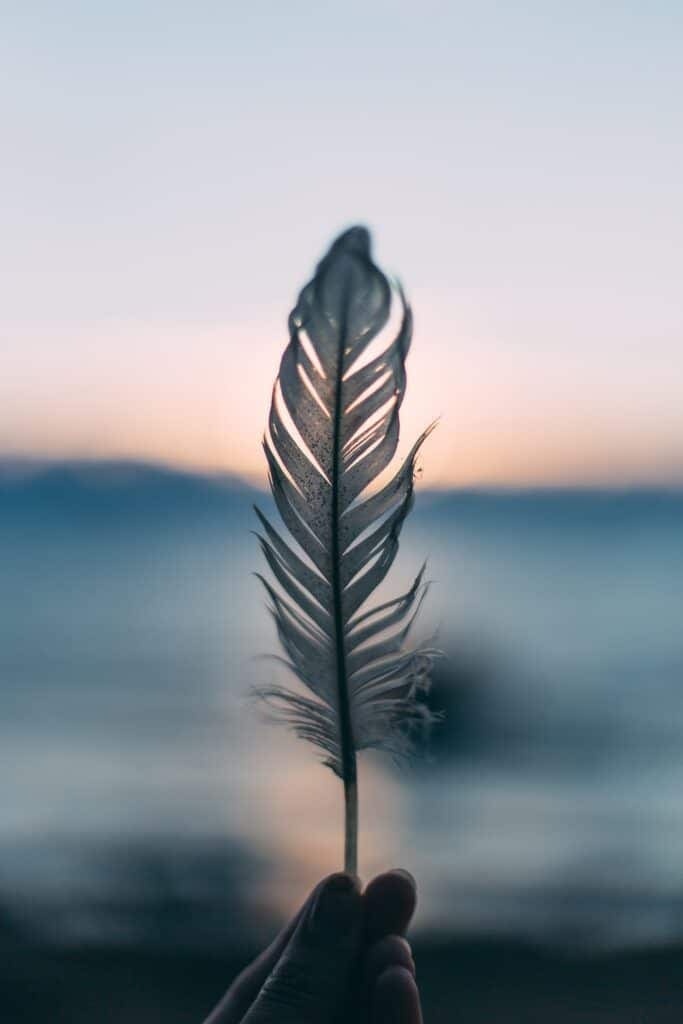
Credits
Featured Image Woman Spreading her Arms By Fuu J for Unsplash I The AutoEthnographer
Red Heart Shaped Hanging Decor by Ante Gudelj for Unsplash
Image of a Feather by Daiga Ellaby for Unsplash
Learn More
New to autoethnography? Visit What Is Autoethnography? How Can I Learn More? to learn about autoethnographic writing and expressive arts. Interested in contributing? Then view our editorial board’s What Do Editors Look for When Reviewing Evocative Autoethnographic Work? Accordingly, check out our Submissions page. View Our Team in order to learn about our editorial board. Please see our Work with Us page to learn about volunteering at The AutoEthnographer. Visit Scholarships to learn about our annual student scholarship competition.
Anastasia is a senior at the Westminster Schools in in Atlanta, Georgia. She is the head editor of her school’s literary magazine, Evolutions, and her work has been commended by Scholastic Art and Writing Awards as well as featured by the Hunger Magazine.


